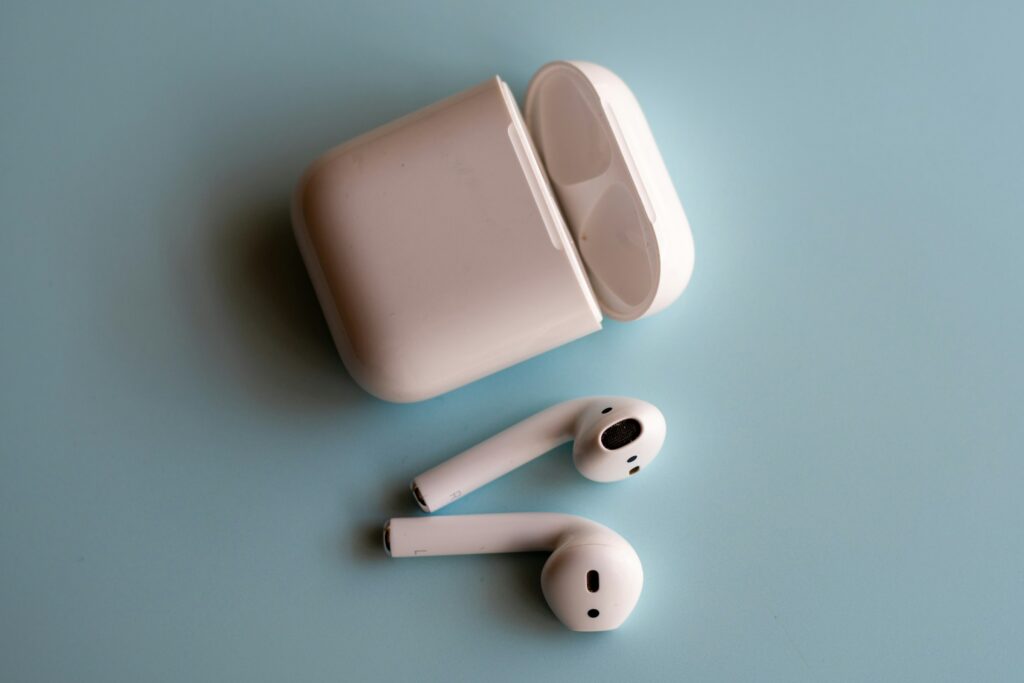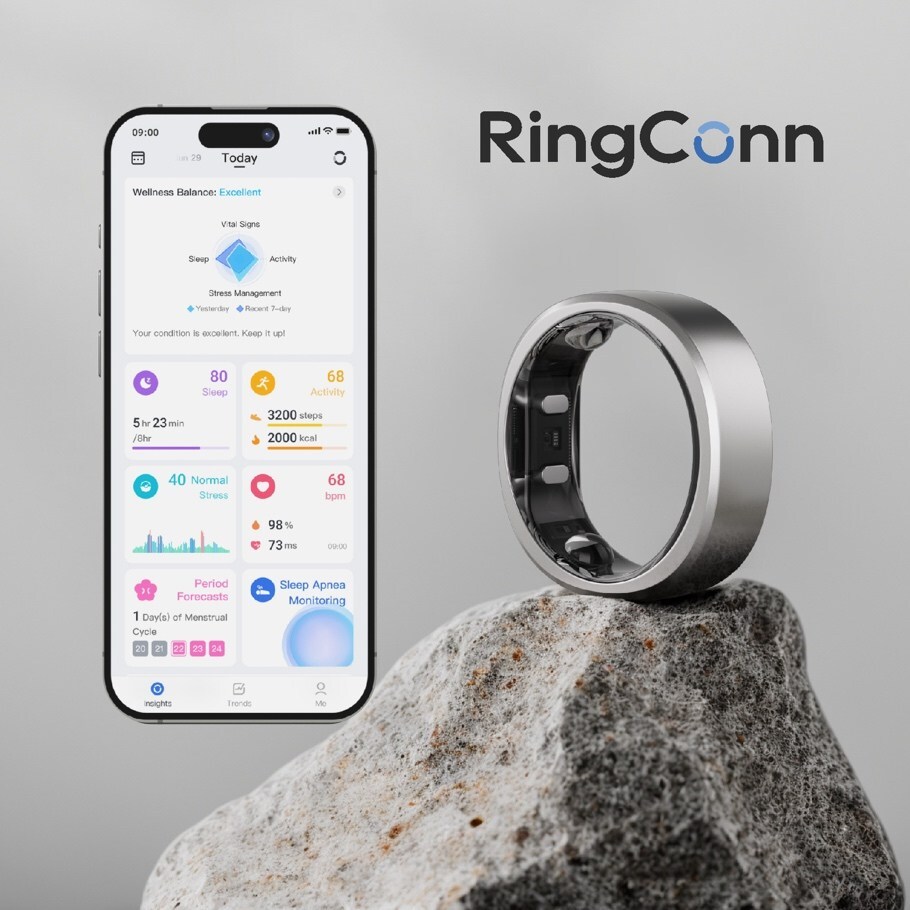The U.S. Food and Drug Administration (FDA) has authorized the first over-the-counter (OTC) hearing aid software, which can be used with Apple AirPods Pro. The new Hearing Aid Feature (HAF) is designed to amplify sounds in order to help adults with mild to moderate hearing loss.
Key Points
- The Hearing Aid Feature is a software-only solution for compatible AirPods Pro models.
- The software uses the iOS HealthKit data on iPhones and iPads to customize the experience.
- It allows users to self-adjust settings like volume, tone, and balance through an iOS device.
- A clinical study of 118 participants found that the self-fitted HAF strategy provided similar benefits to professional fittings of the same device.
- This decision follows the FDA’s 2022 regulation allowing OTC hearing aids, which greatly improved access and came in response to an executive order by President Biden as well as bipartisan Congressional legislation.
Over 30 million American adults report some degree of hearing loss. By enabling users to purchase and set up hearing aids without medical appointments or prescriptions, and allowing a widely used consumer audio product (AirPods) to be converted into an assistive technology, the FDA is facilitating improvements in accessibility, affordability, and convenience.
The Data
- Hearing loss affects more than 30 million American adults, and using hearing aids has been shown to reduce the risk of cognitive decline and depression in older adults.
- The HAF study revealed no adverse events and comparable outcomes between self-fitting and professional adjustments.
Industry Context
Today’s marketing authorization of an over-the-counter hearing aid software on a widely used consumer audio product is another step that advances the availability, accessibility and acceptability of hearing support for adults with perceived mild to moderate hearing loss.
Michelle Tarver, M.D., Ph.D., acting director of the FDA’s Center for Devices and Radiological Health
The FDA’s move reflects a broader push to both reduce barriers to effective yet expensive medical devices and encourage further innovation in consumer tech. While wearable tech companies are pioneering new form factors and models, as seen in the smart ring category, this FDA decision highlights a different approach: integrating special software into everyday devices to meet healthcare needs.



